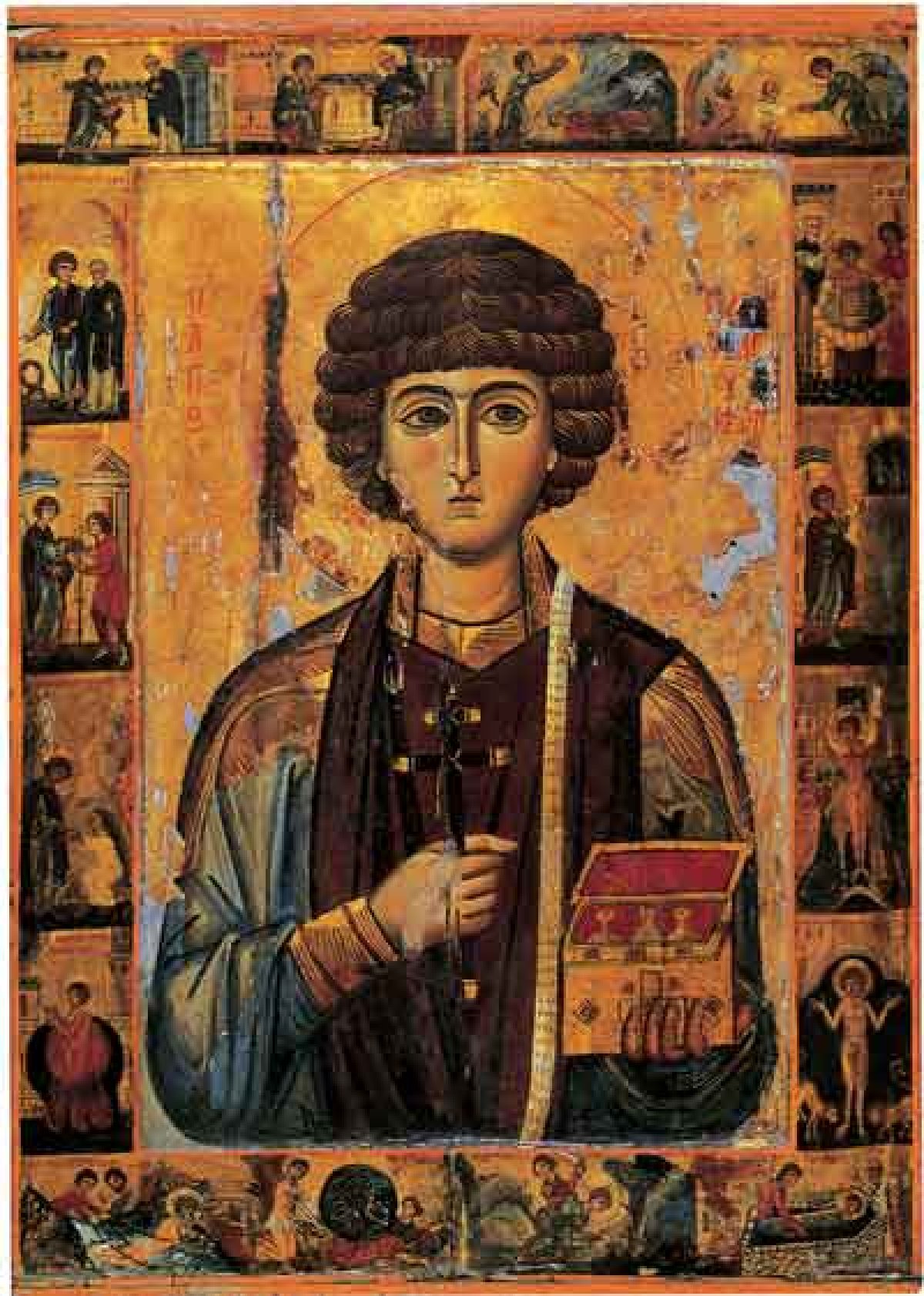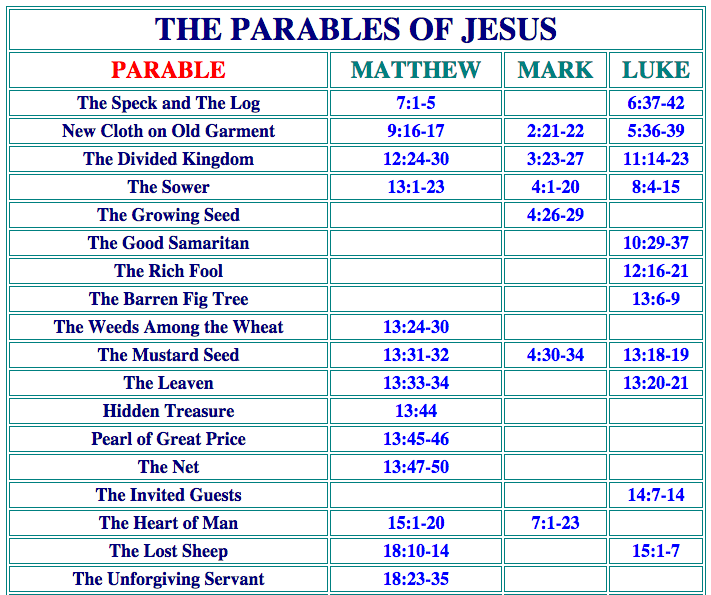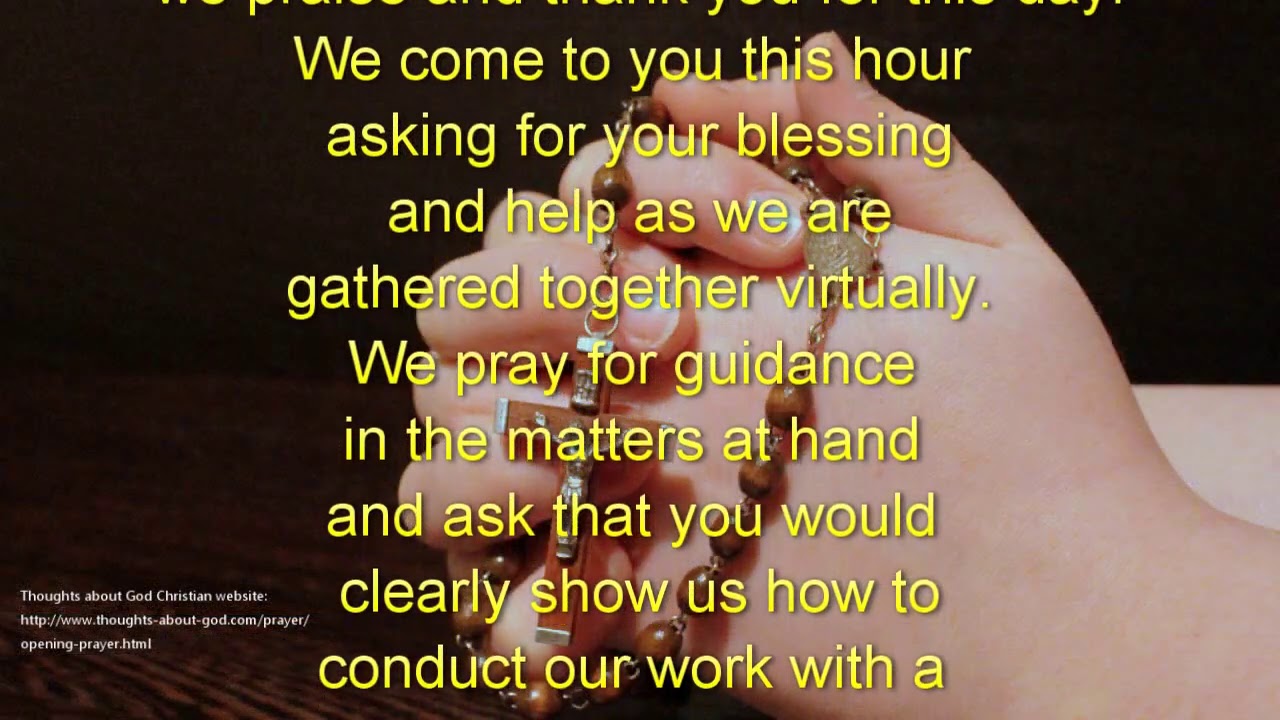How many deacons should a church have
How many deacons should a church have
There are several passages in the New Testament which address the issue of deacons. But there is only one church that has a clear record of having deacons, and it’s not even mentioned in all four gospels. The book of Acts mentions this church twice as part of Paul’s missionary work in Corinth (Acts 18:1-18, 20:17-38).
Only one church in the New Testament has a clear record of having deacons.
There is only one church in the New Testament that has a clear record of having deacons. In Acts 6, we see seven individuals chosen to serve tables in the early church. They are called “deacons” because they helped with practical matters, such as serving tables and caring for widows (Acts 6:2). However, it is possible that other churches had deacons; however, there is no explicit mention of them.
Deacons were not required for membership (1 Timothy 3:8-13), did not receive payment for their work (1 Timothy 3:10), and were considered servants of the church (Romans 16:1). Deacons did not have authority over elders or other leaders within the local body like pastors/teachers do today since they were not given any special titles within leadership structures like elders or overseers/bishops.[3]
The apostles were surrounded by widows who needed food and other necessities, but they didn’t have time to take care of them.
The apostles were surrounded by widows who needed food and other necessities, but they didn’t have time to take care of them. Instead, they appointed seven men to help them by distributing the food and money among these women.
These seven men did not have authority over the others, or any power to direct their actions. They were simply chosen to carry out a task that was outside of their regular responsibilities as deacons: ministering to widows in their midst.
Accordingly, this verse does not give us any indication about how many deacon positions there should be per church or how those positions should be organized within the church hierarchy; it simply gives us insight into what it means for someone to be a deacon (subordinate) versus an elder (superior).
They chose seven men to whom they committed the responsibility of giving the widows enough food to meet their needs.
The apostles were surrounded by widows who needed food and other necessities, but they didn’t have time to take care of them. So they chose seven men to whom they committed the responsibility of giving the widows enough food to meet their needs.
This was an example of justifiable nepotism because it was possible that some relatives were taking advantage of some poor widows and left others without adequate support.
This was an example of justifiable nepotism because it was possible that some relatives were taking advantage of some poor widows and left others without adequate support. Although this is not necessarily a good thing, it is understandable why Paul would do such a thing:
- The church had to be taken care of.
- There were not enough people to do the job.
These men were set aside for a particular task and were not given authority to do anything else.
Deacons are not the same as pastors and elders. They are chosen to serve a specific purpose, which is to help the congregation carry out their duties in a practical way. Deacons are not given authority to preach or teach publicly, nor do they hold any authority over others in the church.
There was also no requirement for an individual to be able to speak well before he could be appointed as one of these men (Acts 6:2-3). In fact, Luke makes it clear that those who were selected were those who could neither read nor write (v. 3)!
The only clear qualification for these men was that they were respected within the church.
The only clear qualification for these men was that they were respected within the church. Deacons should be men who are respected by their families, by their employers and friends, and by the church.
The deacons were to be chosen because of this qualification: it was a quality found in each man’s character. In 1 Timothy 3:8-13 it says, “Deacons likewise must be serious, not double-tongued or addicted to much wine or fond of sordid gain [money]. They must hold fast to the mystery of faith with a clear conscience.”
You may develop a strong preference for one or two candidates out of all those who are under consideration, and you may notice that no one else seems to be throwing their name into the hat.
You may develop a strong preference for one or two candidates out of all those who are under consideration, and you may notice that no one else seems to be throwing their name into the hat. If this happens, it’s OK for you as a deacon to express your opinion about these candidates. Be careful not to steer things in one direction or another during the process; if you vote for someone just because they’re on your radar, it could reflect poorly on your character and make people question your motives.
The pastor should also have an opinion about the candidates that he shares with the board members before they begin interviewing them. The pastor has a vested interest in what happens within his church and should keep an eye out for those with whom he feels confident he can work well in building up God’s kingdom (1 Corinthians 12:7).
But, it’s also important not to let your personal preferences become a stumbling block to your commitment to God’s calling.
But, it’s also important not to let your personal preferences become a stumbling block to your commitment to God’s calling. You have to be able to put aside your feelings and choose a deacon because he is the best person for the job.
You can’t just go with whoever you like best or who has been around the longest. You must choose someone who has demonstrated that he or she is qualified for this position of leadership.
If you don’t choose all three, then it is better to wait until you can choose more at once.
If you are a church with less than 100 members, there will be times when your church won’t have enough volunteers to cover all the ministries and service opportunities. When this happens, it’s better to choose fewer deacons than to choose too many and not have enough at any given time.
If you are a church with more than 100 members but still only want three deacons, then it is better for your deacons to serve staggered terms (i.e., two on and one off) rather than serving all at once so that someone can always be available as needed and no one gets burned out by always having to serve alone or feeling like he or she has been overlooked when it comes time for elections.
A church should have more than one deacon if it is large enough
There are many factors to consider when determining how many deacons your church should have. The first and most important is your size. Larger churches will obviously need more than smaller ones, but the main consideration is whether or not a single deacon can handle all of the responsibilities of his office. If you are a smaller church and only have one deacon, it is crucial that he has enough time to devote himself fully to his duties as an elder (1 Timothy 3:8–13). This means that he should not be distracted by other tasks during the week such as teaching Sunday school classes or visiting shut-ins.
If you are fortunate enough to have multiple elders in your congregation and want them all to serve in this capacity together, then it would be wise for them each to cover various aspects of ministry within their respective spheres of influence on either side of town so that everyone does not feel obligated to attend every meeting at once (1 Timothy 5:17).
If you’re a church leader, and you’re not sure how many deacons to have on your staff, it can be tempting to rely on personal preference or experience. But the Bible doesn’t give us any specific number of deacons. It’s better to wait until there is a clear call from God before filling the position than rushing into action. Remember that God chooses who he wants as his servants, so we shouldn’t get too caught up in our own desires when making these kinds of decisions.





